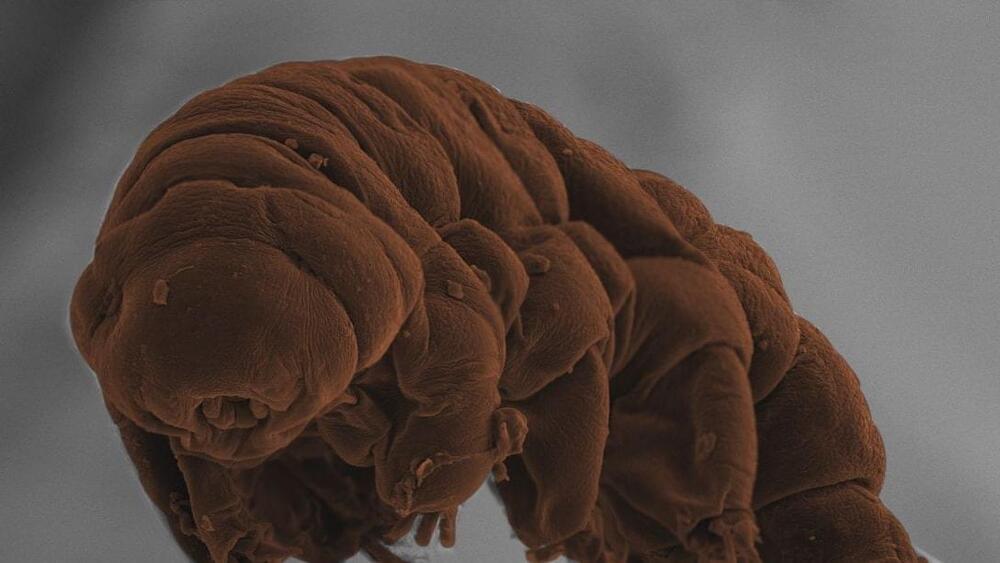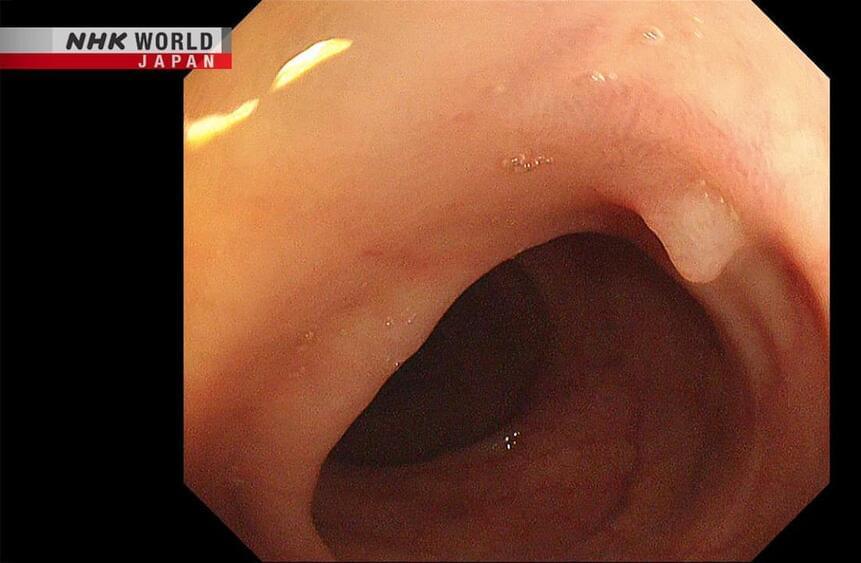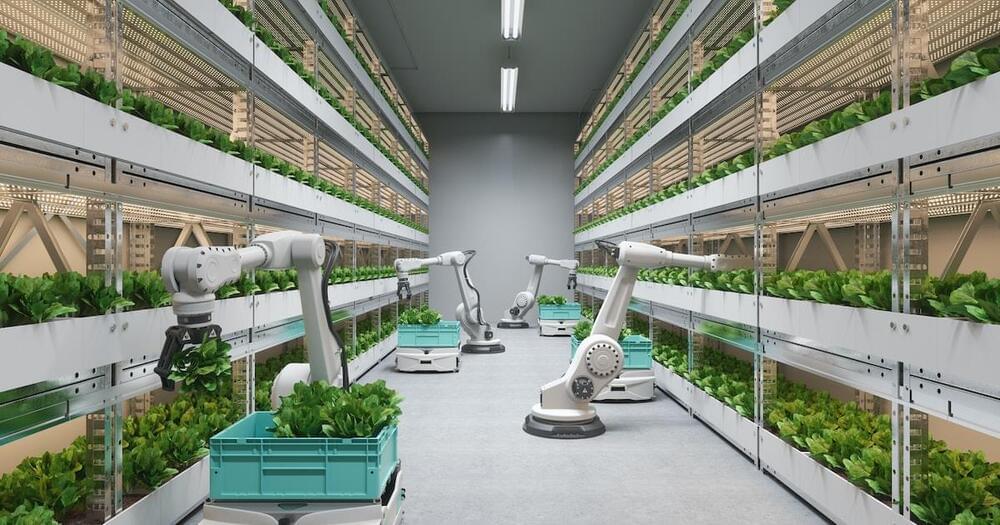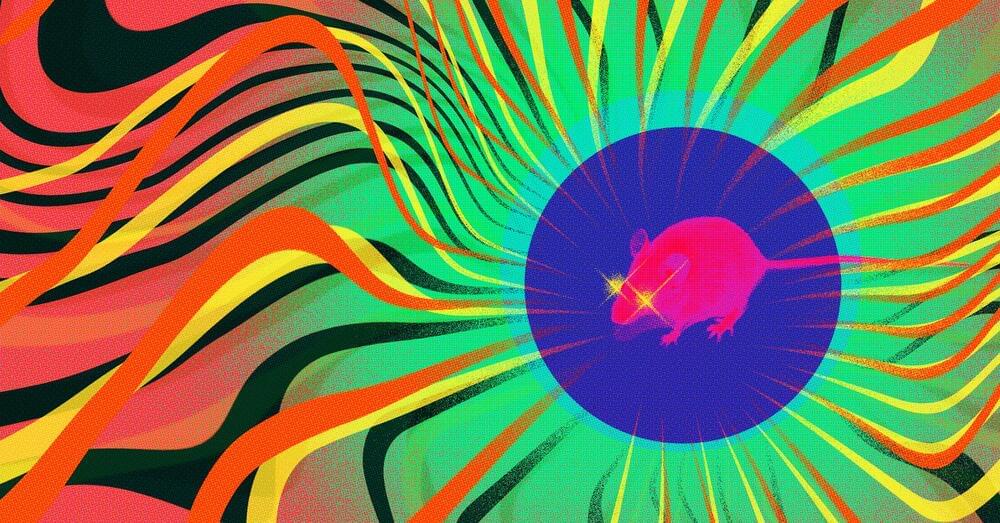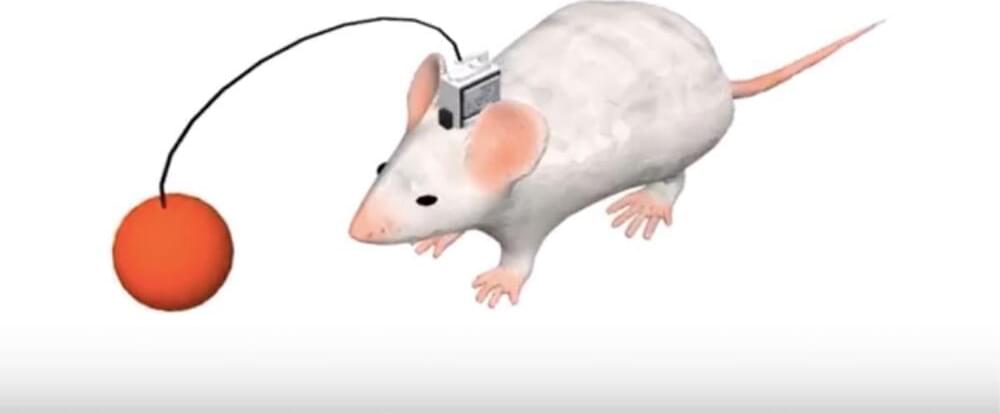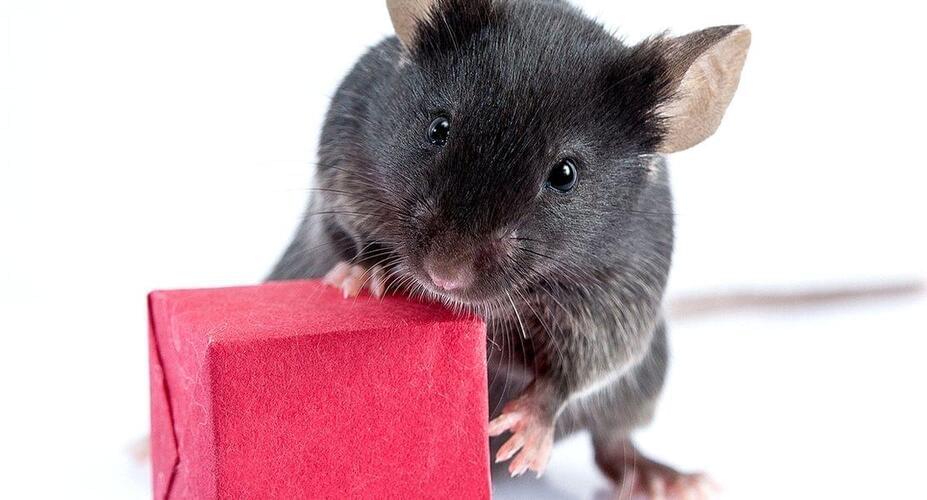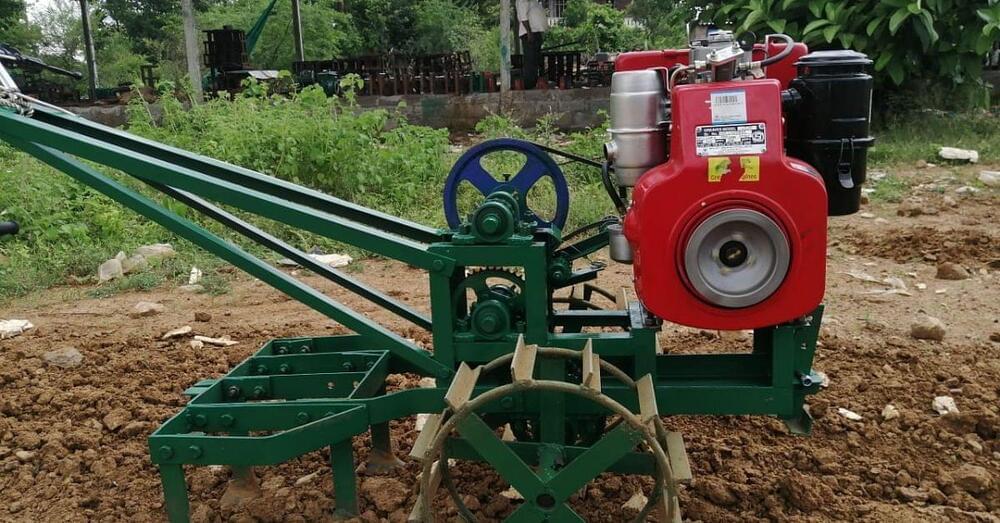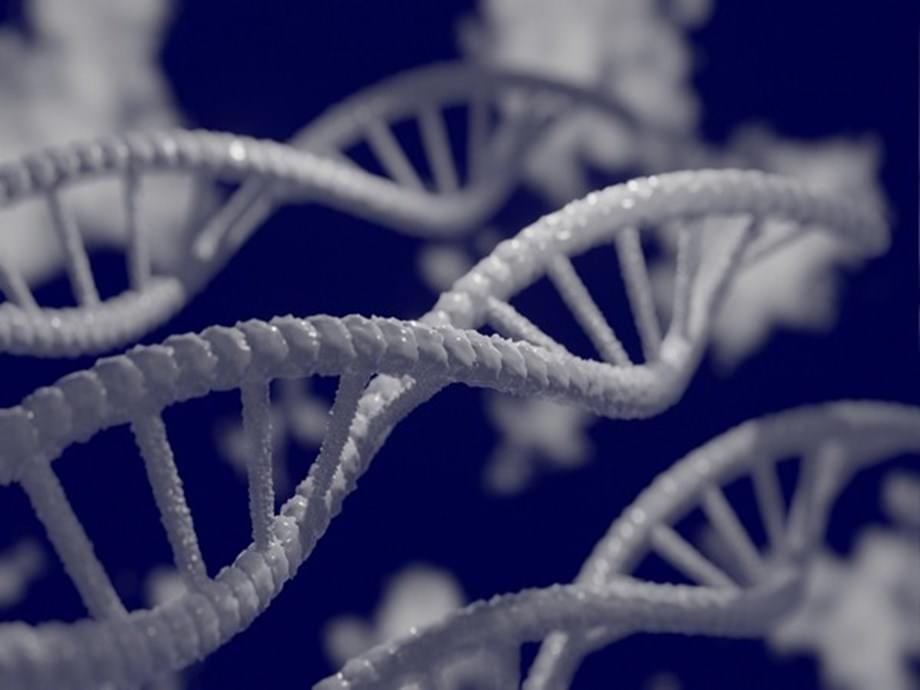Nov 30, 2022
How tardigrades come back from the dead
Posted by Quinn Sena in categories: biotech/medical, food, genetics, life extension
Year 2017 Basically the tardigrade is the most promising set of genes on any creature due to many types of survival genes like going years without food or even genes for radiation resistance which could be used in crispr to augment human genes.
Tardigrades — aka water bears or moss piglets — are perhaps the most resilient creatures on the planet, able to survive complete dehydration, space vacuum and being frozen. However, only recently have scientists begun to unravel the genes that underpin the tardigrade’s biological superpowers. “They’re 0.2mm to 1mm in length and despite being so small they are able to do all these things we cannot,” says Mark Blaxter, a biologist at the University of Edinburgh who has been studying tardigrades for 20 years. “In their DNA, they hold a cornucopia of secrets.”
With Kazurahu Arakawa, from the University of Keio, Japan, Blaxter recently analysed the first true tardigrade genome. The results, published today in the open access journal PLOS Biology, are a first step towards explaining the genetics underpinning the tardigrade’s extraordinary resilience and to pinpoint its place within the evolutionary tree of life. We spoke to Blaxter about his new research and his fascination for this remarkable little animal.
Continue reading “How tardigrades come back from the dead” »
